The arrival of the new-generation Hyundai Kona brings into focus the uncertainty surrounding its i30 stablemate, with speculation that the hatchback could be discontinued in the near-future.
Sales of small passenger cars continue to decline in key markets around the world, particularly in Australia. Small car sales have declined enormously in the past five years, from 204,079 in 2017 to just 79,501 in 2022. In that time some of the notable nameplates to disappear from the local market include the Holden Astra and Cruze, Ford Focus, Nissan Pulsar, Mitsubishi Lancer, Alfa Romeo Giullietta, Citroen C4 and Volkswagen Jetta.
However, sales of the i30 hatch have remained strong, with the combined hatch and sedan becoming Hyundai's most popular nameplate in Australia in 2022 with more than 21,000 sales compared to just under 18,000 Tucsons sold and slightly more than 11,500 Konas.
The problem for Hyundai Australia is that there are question marks hanging over the future of the i30 hatchback outside of Europe. Late last year Hyundai's executives in charge of its N Performance cars, Albert Biermann and Till Wartenberg, made it clear that a second-generation of the i30 N was highly unlikely, despite its popularity - immediately raising questions over the future of the model.
However, in early March, Hyundai Europe CEO, Michael Cole, told UK publication Autocar that he is planning for a new generation of the i30, as well as the i20 and i10 smaller hatchbacks that are European focused. The issue for Hyundai Australia is those models will likely remain targeted at the European audience, with suggestions from within the industry that the next-generation i30 won't be built in the South Korean plant that produces the majority of i30 hatchbacks we receive in Australia.
So while the i30 hatch appears likely to remain built in the Czech Republic plant for the foreseeable future, the loss of the South Korean production would cause a conundrum for Hyundai Australia. While the i30 hatch remains a popular model, sourcing it from the Czech plant would almost certainly lead to a sharp cost increase due to higher European exchange rates and transport costs, dulling its Australian appeal.
This would leave the Tucson, and more directly the Kona, to pick up the slack for the brand. While small cars are in decline, sales of small SUVs have remained steady in recent years and the market has become crowded with more and more offerings. Hyundai Australia sold almost double the amount of i30s (hatch and sedan) than Konas in 2022, so losing the i30 would be a major blow in the short term.
Interestingly, an update to the i30 sedan will hit Australian showrooms soon as that model is sold in many other markets - including the United States - as the Elantra. A next-gen version of the small sedan is almost guaranteed due to its popularity Stateside.
Whatever happens, Hyundai will need to make a decision in the near-future, with the current i30 hatch having launched back in 2017 and enjoying a mid-life facelift and update in 2021 that puts it towards the end of its current product lifecycle.





.jpg)







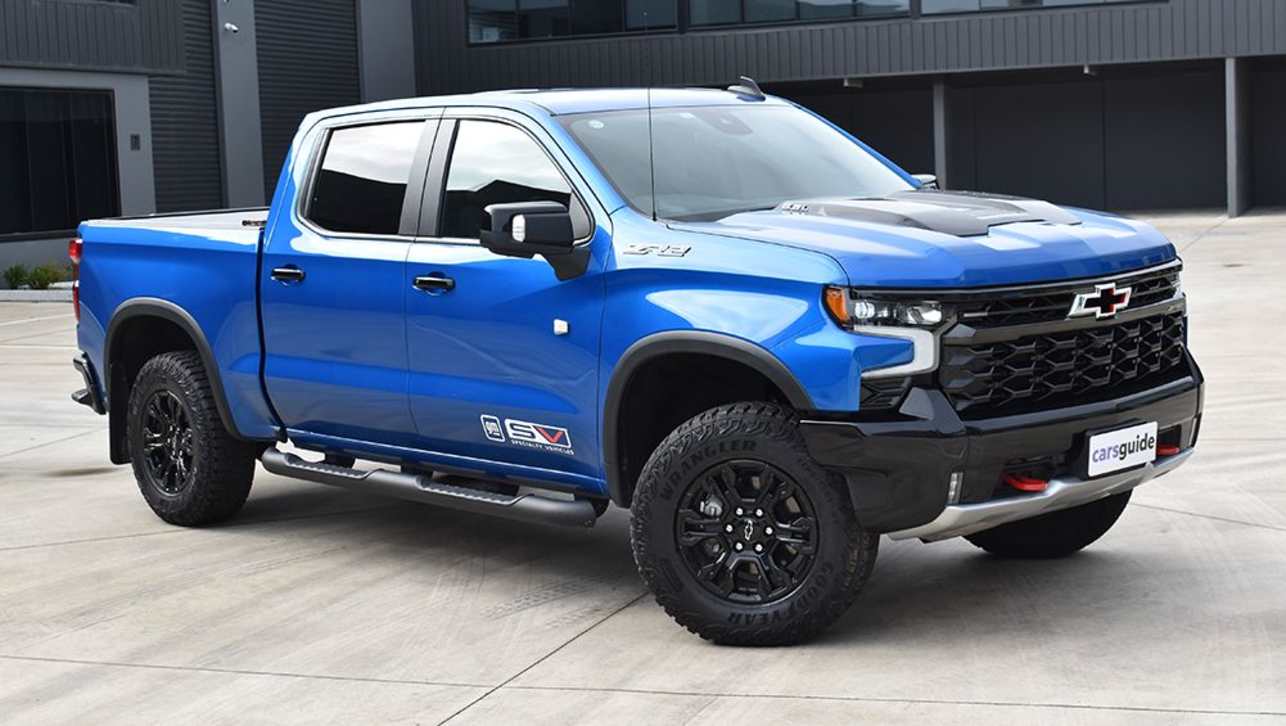
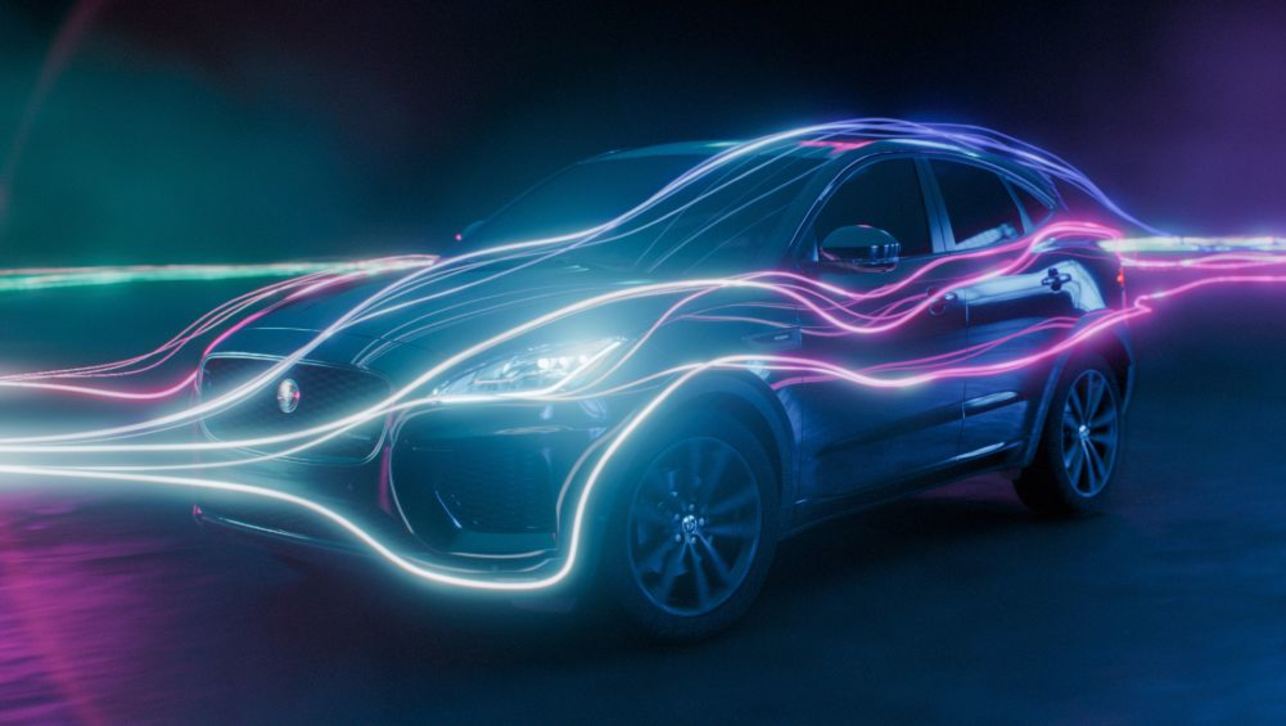
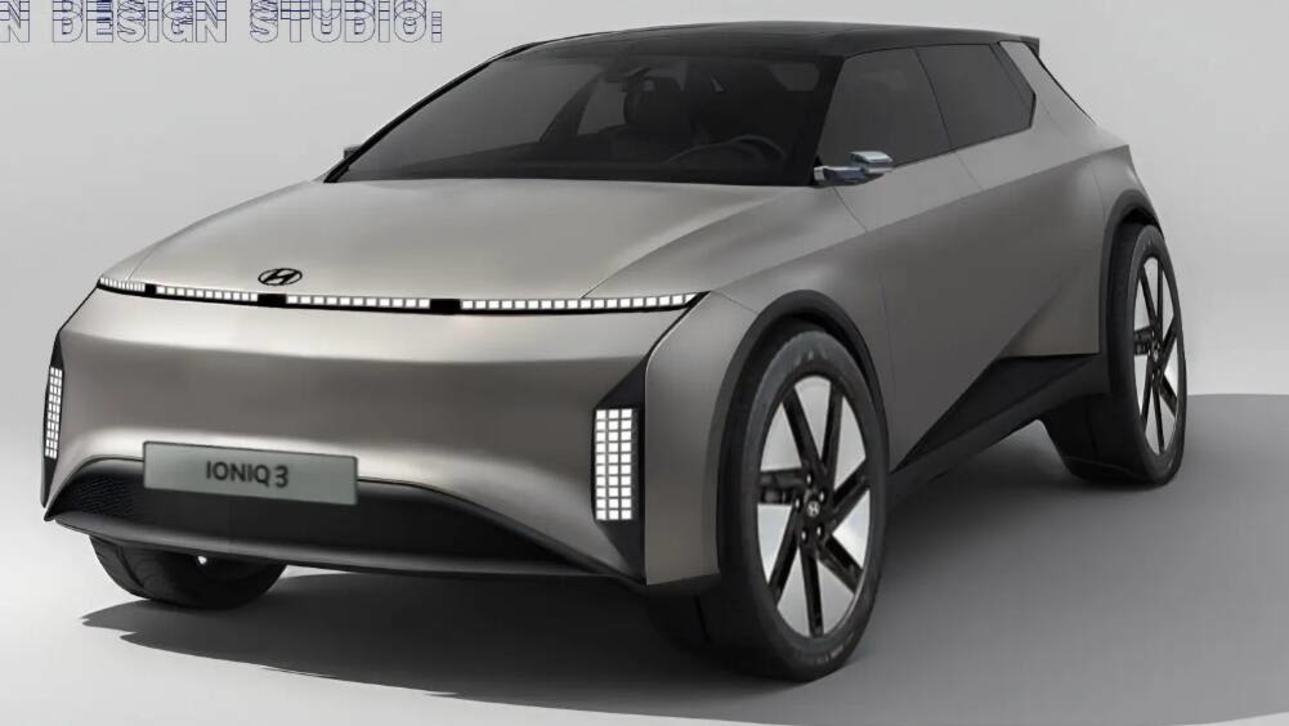
.jpg)
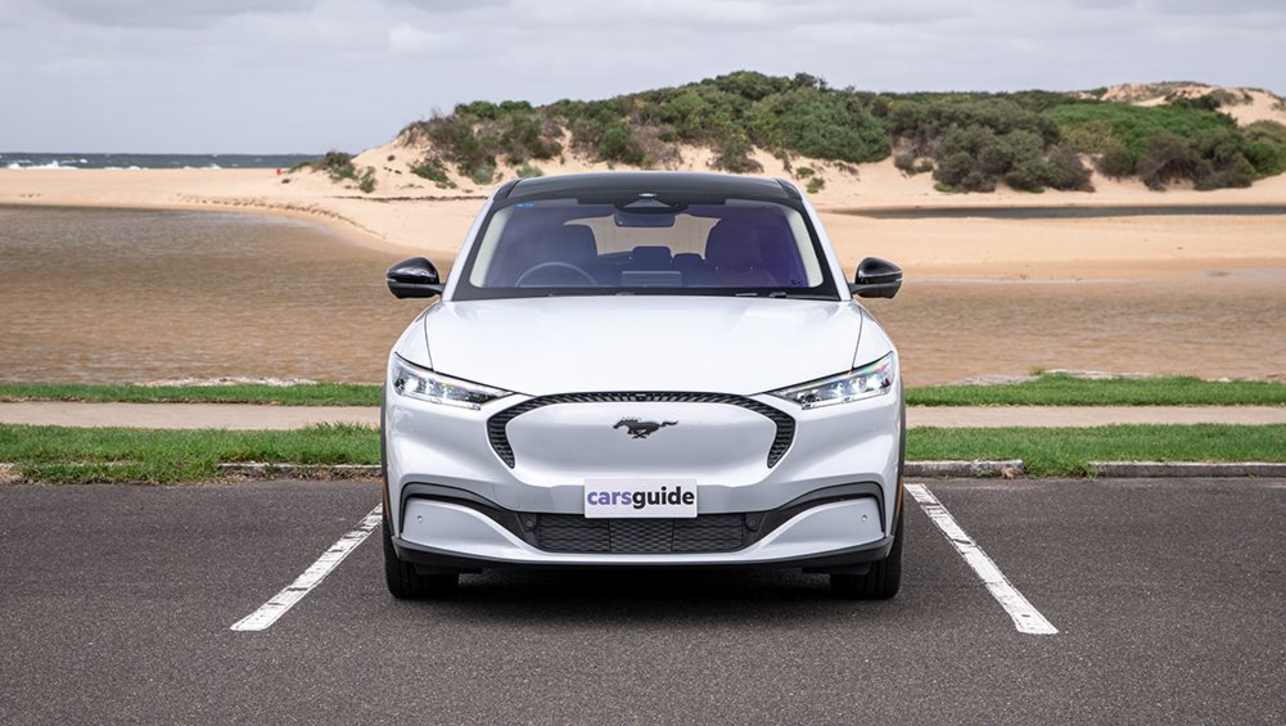

.jpg)

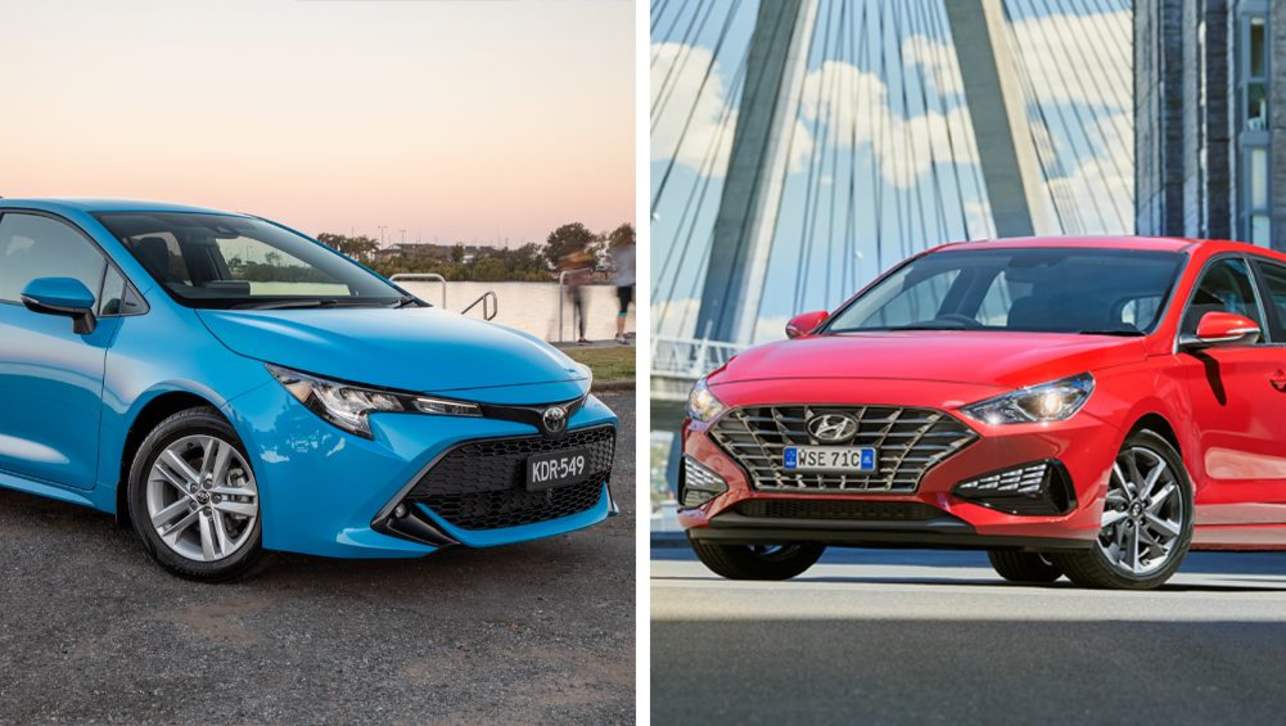
.jpg)
.jpg)
.jpg)
.jpg)


.jpg)

Comments